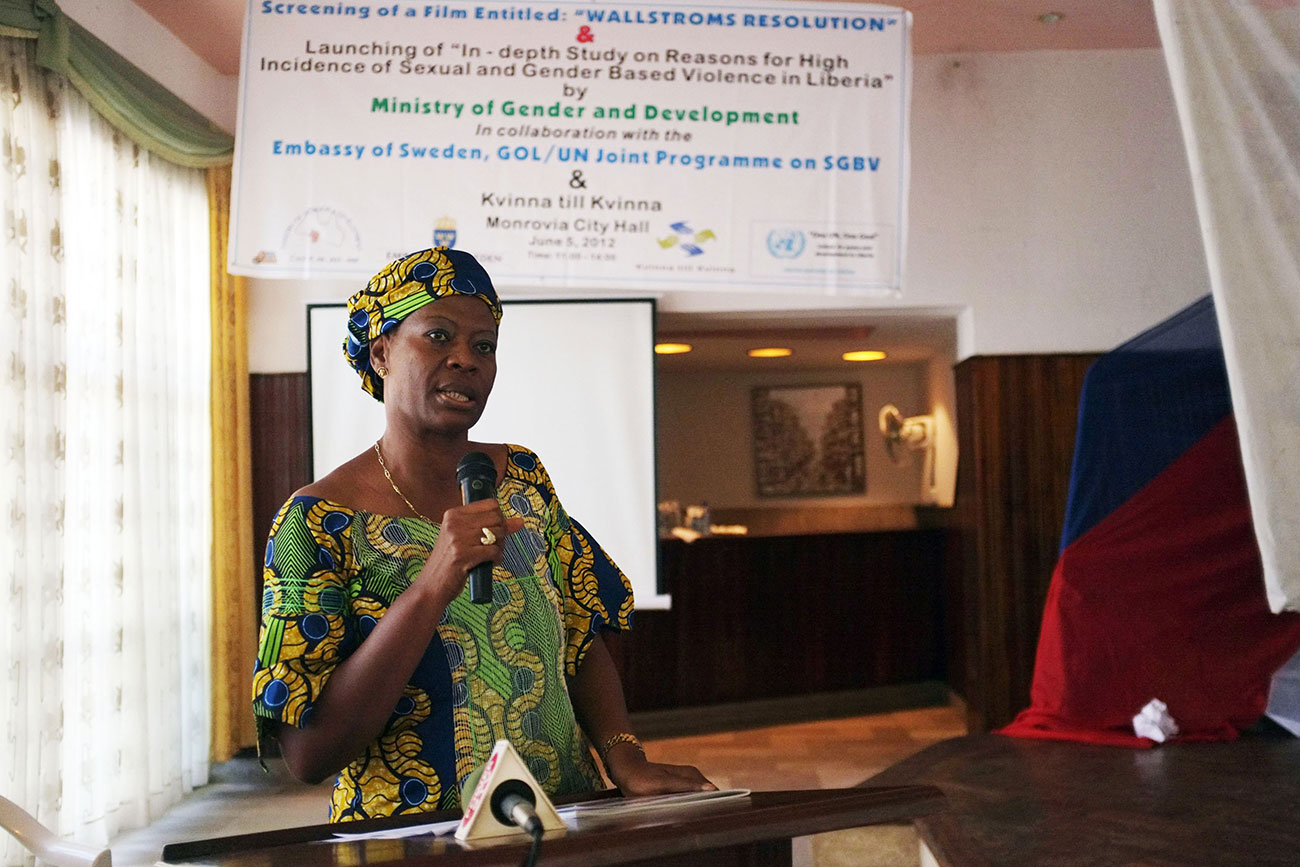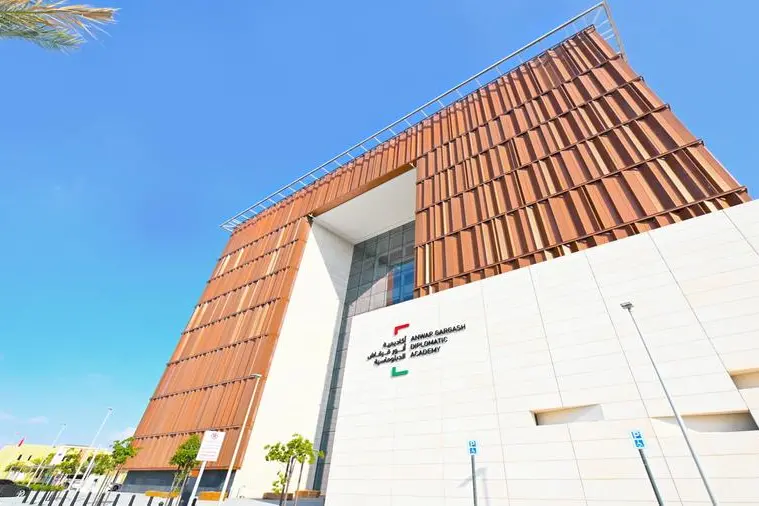The Training for Peace Programme at ACCORD (TfP/ACCORD) have participated in an Integrated Gender and SGBV Course for Police Advisors in Peace Missions. The course seeks to build the foundational knowledge, skills and personal qualities of participants to more effectively support the women, peace and security mandate of United Nations (UN) and African Union (AU) peacekeeping missions; as part of their daily duties and responsibilities in peacekeeping operations, considering the rule of law (ROL), UN and international standards and best practices regarding gender equality, human rights, and SGBV prevention and response. The experience TfP/ACCORD gained from this high level training will strengthens the capacity of its Peacekeeping Unit to disseminate and deliver trainings on Gender and SGBV in the context of peacekeeping. This course is part of a broader process to support the Southern African Regional Police Chiefs Cooperation Organisation (SARPCCO), Eastern Africa Police Chiefs Cooperation Organisation (EAPCCO), UN Peace Missions in Africa, and AU’s efforts at developing capacity for gender training.
This training course funded by the Norwegian Ministry of Foreign Affairs was organized by the Institute of Security Studies (ISS) in cooperation with the United Nations Police (UNPOL), SARPCCO and EAPCCO member states in Pretoria, South Africa from 18-29 August 2014. The training brought together 29 African peacekeepers that comprised of police officers and civilians working on the field to build their capacity as Gender Advisors in Peace Missions. Each of the module objectives were meet, as participants were able to apply the knowledge gained through the practical exercises. The practical exercises deepened the understanding of the participants on gender equality, and equipped participants on how to solve SGVB issues. At the end of each module, participants developed key techniques on how to mainstream gender into the work of peace missions, and also into local policing. TfP/ACCORD within the Peacekeeping Unit was represented by Olivia Victoria Davies.
The training covered 17 relevant modules that are key in increasing knowledge on gender issues. The Modules include: 1. Understanding SGBV; 2. A Gender Perspective to Peace and Security Operations; 3. Ethics, Conduct and Sexual Exploitation and Abuse (SEA); 4. Protection of Civilians; 5. Children and Armed Conflict; 6. Understanding the Regulatory Framework for SGBV; 7. Understanding your community and working with Partners; 8. Analysing Sexual and Gender Based Violence; 9. First Response and Victim Support; 10. Note Taking and Reporting; 11. Case Management and Coordination; 12. Dealing with Crime Scene and Collecting Evidence; 13. Conducting Investigative Interviews; 14. Preparing and Writing Statement; 15. Community Oriented Problem Solving and Prevention; 16. Building Local Capacity to address SGBV and; 17. Mentoring. The training directly contributed to gender mainstreaming in peace operations, as most of the trainees are already deployed into the mission area while others were involved in initiatives in peacekeeping. Thus, this knowledge will enhance their capacity to implement gender perspective in support of the mandates of UN and AU missions.
At the end of the course, participants demonstrated increased knowledge of the legal and regulatory framework surrounding gender equality, women’s rights and women’s empowerment and how it relates to their work. Participants also demonstrated increased understanding of the UN women, peace and security resolutions and their application in conflict and post-conflict environments. The course has enhanced the skills of all participants to be able to perform their duties and responsibilities as partners in SGBV prevention and response, in compliance with the rule of law and the regulatory framework for SGBV prevention and response.
This initiative is in line with the TfP Programme’s strategic goal for an improved, sustainable capacity for peace operations on the continent ensuring protection of civilians including women.








